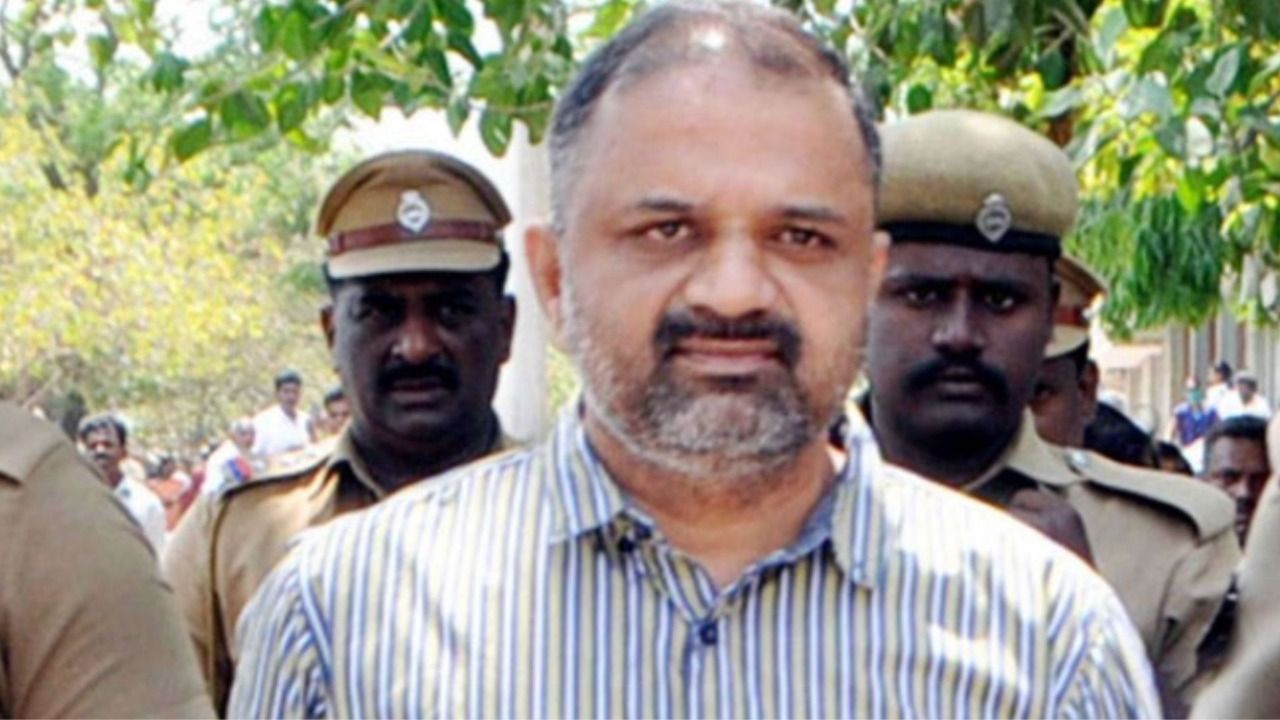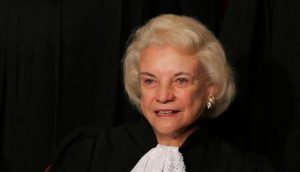Supreme Court orders release of AG Perarivalan, one of the convicts serving life imprisonment in connection with the assassination of former Prime Minister Rajiv Gandhi, reports ANI.
Perarivalan, who was nineteen years old at the time of the assassination, was accused of buying the two 9-volt batteries for Sivarasan, the LTTE man who masterminded the assassination. The batteries were used in the bomb to assassinate Rajiv Gandhi.
Also read: Who is AG Perarivalan, Rajiv Gandhi killer granted bail by Supreme Court
In 1998, Perarivalan was sentenced to death by an anti-terrorism court. The next year, the Supreme Court upheld the sentence but committed it to life imprisonment in 2014. In March this year, the top court had granted him bail.
Shortly after, Perarivalan had appealed seeking an early release from jail.
Also read: ‘Only 15 paise of Re 1 reached people but…’: PM Narendra Modi slams Congress in Germany
Meanwhile, the central government had opposed Perarivalan’s plea, saying the Tamil Nadu Governor had referred the matter to President Ram Nath Kovind, who is yet to take a call on it.
The top court had questioned the delay in the matter and the Governor’s action.
Also read: SC grants bail to Rajiv Gandhi assassination convict
The court had observed that the Tamil Nadu Governor is bound by the cabinet decision to release all seven convicts in the case, granting them pardon under Section 161 of the Constitution, and hence it would not wait for the President’s response though the Governor had forwarded the file to the President’s Office.
During the hearing that was held last week, the Centre drew flak from the court over its argument that in cases of grant of mercy, only the President would have exclusive powers.
Also read: RTI claims rent of Congress government properties, Sonia Gandhi’s residence not paid
The court said this would mean the mercies granted by Governors all these years would be unconstitutional.
Former Prime Minister Rajiv Gandhi was assassinated on May 21, 1991 at Tamil Nadu’s Sriperumbudur by a woman suicide bomber, identified as Dhanu, at a poll rally.
As many as seven people were convicted in the case. Though all were sentenced to death, in 2014, the Supreme Court commuted them to life terms, citing inordinate delay by the President in deciding on their mercy pleas.







